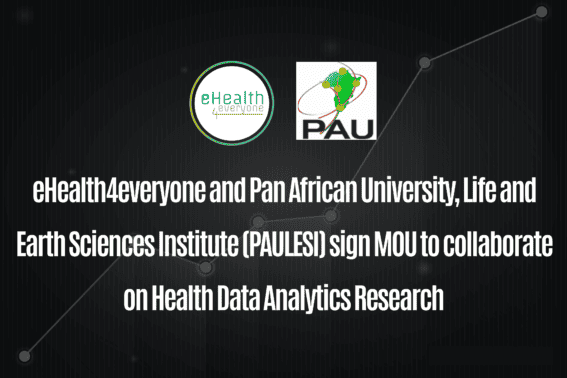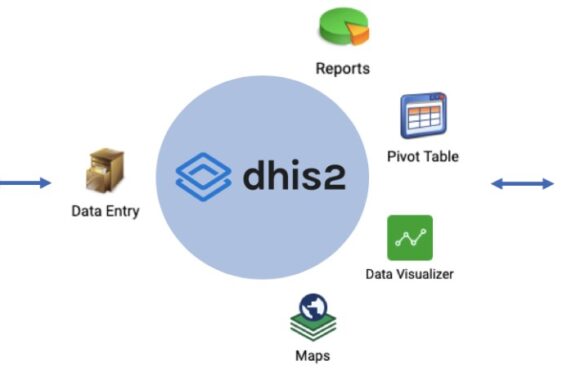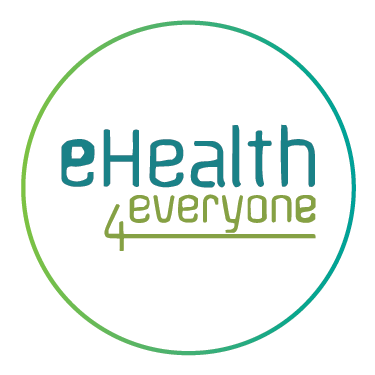Improved Patient Monitoring and Data Collection Digital health equipment has revolutionized the way healthcare professionals monitor and collect data from patients. With the advancements in technology, healthcare providers now have access to a wide range of digital tools that enable them to track patient health more accurately and efficiently. This article will explore the benefits[...]
Introduction: eHealth4everyone and the Pan African University, Life and Earth Sciences Institute (PAULESI), have formalized a Memorandum of Understanding (MOU) to synergize efforts in the area of health data analytics research. This strategic collaboration aims to conduct comprehensive research projects addressing diverse data and information needs across sectors and research areas. The aim is to[...]
eHealth4everyone’s DHIS2 beginner-to-advanced level training with the Center for Clinical Care and Clinical Research (CCCRN) was a three-day transformative event that was held from the 6th to the 8th of September, 2023, in Abuja, Nigeria. This event marked a pivotal moment for both eHealth4everyone and the CCCRN, as we joined forces for a DHIS2 training[...]
In the world of healthcare, innovation is the driving force behind progress, and eHealth4everyone has been at the forefront of this transformation for the past eight years. As we celebrate our remarkable journey, we take a closer look at the achievements and contributions that have positioned eHealth4everyone as a pioneer in the digital health revolution[...]
Introduction The eHealth for Everyone Foundation, in collaboration with the Federal Ministry of Health (FMoH) and the National Universities Council (NUC), introduced the Health Data Analytics (HDA) Research Fellowship programmes in 2021. The fellowships are targeted towards postgraduate student researchers and staff members of Ministries, Departments and Agencies (MDAs). The overall goal of these fellowships[...]
The rapid advancements in artificial intelligence (AI) and data science have brought transformative changes to various industries. However, this progress has also raised important ethical considerations that cannot be ignored. As data scientists and AI developers harness the power of data, they face a growing responsibility to ensure ethical practices throughout the entire data lifecycle.[...]
Introduction In a world where technology is reshaping industries, eHealth4everyone stands at the forefront of transforming healthcare. With a steadfast commitment to making healthcare accessible to all through technology-driven innovations, eHealth4everyone believes that proven digital health solutions are extremely important. In this post, we explore the exciting frontier of mental health treatment, where data analytics[...]
Data mining is the process of extracting valuable insights and knowledge from large datasets. There are various data mining techniques that can be used to analyze data and identify patterns, such as decision trees, neural networks, and clustering. However, not all techniques are equally effective for every dataset or problem. Therefore, it is important to[...]
In the world of healthcare, data is the driving force behind informed decisions and effective interventions. Efficient data management and analysis are crucial for effective decision-making and the successful implementation of health interventions. DHIS2, a dynamic platform, not only collects and manages health data but also serves as a catalyst for transforming data into action.[...]
Source: Global Tech Outlook Predictive analytics is a branch of advanced analytics employing data, algorithms, and machine learning to detect patterns and forecast future events or behaviours. It can help healthcare managers make better decisions and improve health outcomes. In this blog post, we will explore what predictive analytics is and how it can[...]










